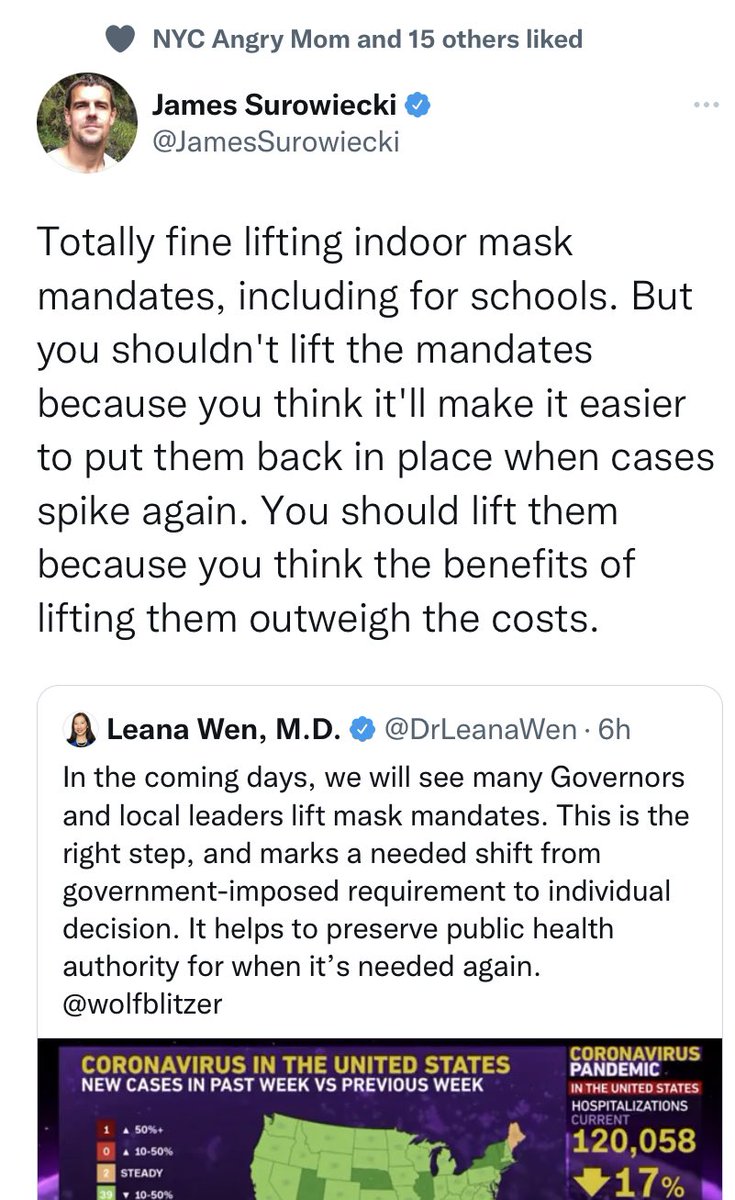
Lots of smart education voices are talking about this tweet.
It’s illustrative of a pretty major issue in K–12 education: many educators don’t believe that learning facts matters.
The attitude:
“Kids can just Google it.”
Just one problem: this conflicts w/ key research.
It’s illustrative of a pretty major issue in K–12 education: many educators don’t believe that learning facts matters.
The attitude:
“Kids can just Google it.”
Just one problem: this conflicts w/ key research.
https://twitter.com/mrs_melevans/status/1483954534376361987
Background knowledge is essential to critical thinking.
I highly recommend this piece by @jillbarshay, explaining how & why.
It’s intuitive: You have to hold something in your head to think critically about it.
kqed.org/mindshift/5447…
I highly recommend this piece by @jillbarshay, explaining how & why.
It’s intuitive: You have to hold something in your head to think critically about it.
kqed.org/mindshift/5447…
Background knowledge is also key to reading comprehension.
It’s pretty easy to grasp this one, too:
Can you understand this passage? Would you succeed in answering comprehension questions about it?
The answer is no… unless you understand the game of cricket.
It’s pretty easy to grasp this one, too:
Can you understand this passage? Would you succeed in answering comprehension questions about it?
The answer is no… unless you understand the game of cricket.

More on the reading comprehension link here.
Entire movements – in particular, the movement to bring knowledge-building English Language Arts curriculum into K-8 schools – are dedicated to this understanding.
eduvaites.org/2018/11/14/ess…
Entire movements – in particular, the movement to bring knowledge-building English Language Arts curriculum into K-8 schools – are dedicated to this understanding.
eduvaites.org/2018/11/14/ess…
The response to that tweet is as worrisome as the tweet itself.
I would estimate that maybe 20% of educators know the link between background knowledge and reading comprehension.
The learning sciences are not well-taught to educators… and it shows.
I would estimate that maybe 20% of educators know the link between background knowledge and reading comprehension.
The learning sciences are not well-taught to educators… and it shows.
It’s a prevalent attitude, and you hear it come up a lot.
Teachers are encouraged to “teach critical thinking” rather than content.
Yet… you can’t think critically until you learn some content!
This is well said:
Teachers are encouraged to “teach critical thinking” rather than content.
Yet… you can’t think critically until you learn some content!
This is well said:
https://twitter.com/Njmomnl/status/1465483271731658752
• • •
Missing some Tweet in this thread? You can try to
force a refresh











